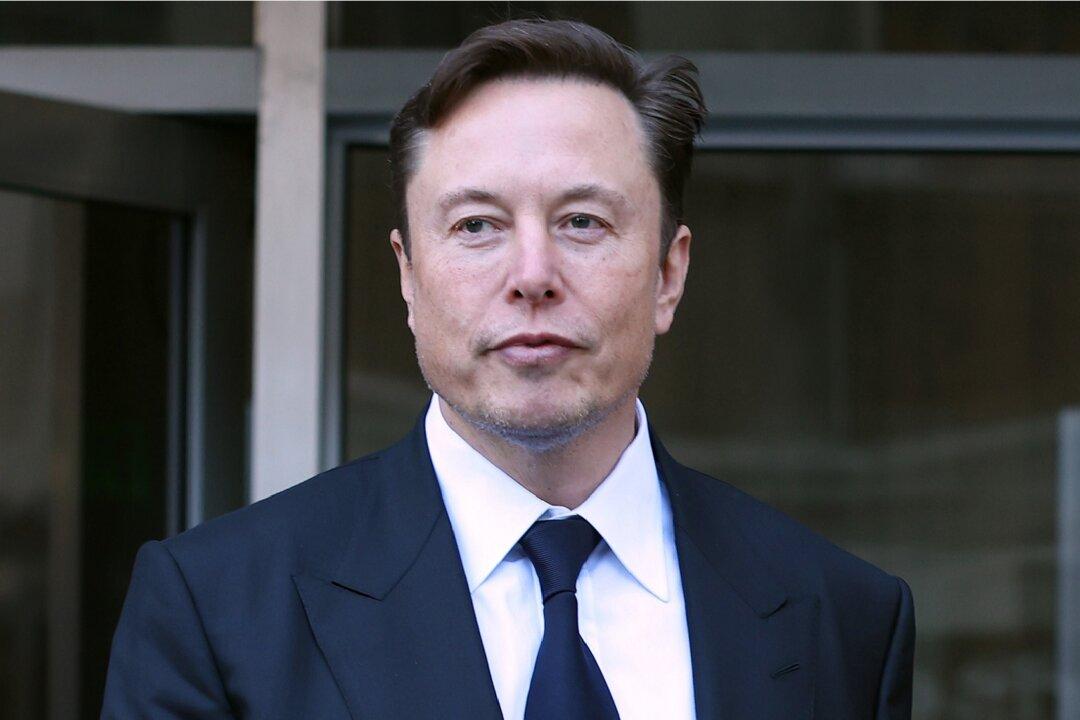Elon Musk has defended Twitter’s decision to terminate a policy where posts on the platform would be accompanied by a “misleading information” warning label if the content related to COVID-19, saying the pandemic “is no longer an issue.”
The microblogging service, which was taken over by the billionaire industrialist last year, said in a report that, effective Nov. 23, 2022, Twitter is “no longer enforcing the COVID-19 misleading information policy.”





